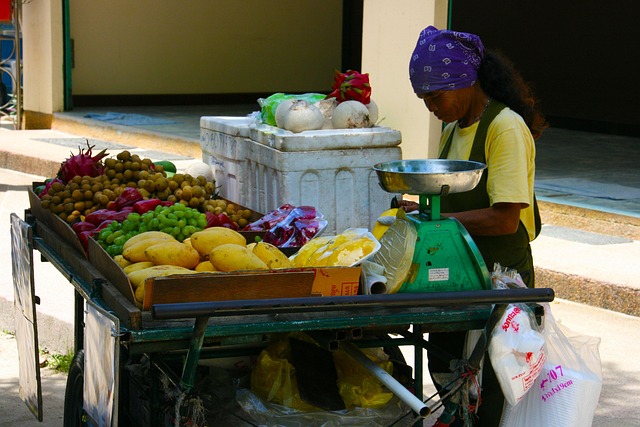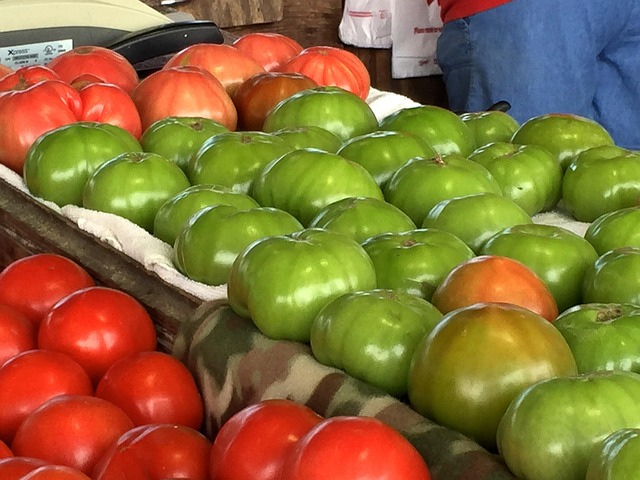In today's diverse culinary landscape, Local Food Delivery and Meal Preparation services must cater to a wide range of dietary requirements, from cultural preferences to medical conditions. They should offer comprehensive options like gluten-free, dairy-free, vegan, halal, kosher, and low-carb meals, ensuring clear ingredient labeling to prevent cross-contamination. By accommodating these needs, these services can attract a broader customer base and provide an inclusive dining experience while maintaining quality and consistency through direct communication with restaurants. Meal prep techniques like batch cooking and meal prepping further support healthy diets by saving time and ensuring access to fresh, diet-specific ingredients.
In today’s diverse culinary landscape, accommodating special dietary requirements is more crucial than ever. This comprehensive guide explores understanding various dietary needs, leveraging local food delivery services tailored for these preferences, and mastering meal preparation techniques at home. We delve into the conveniences and considerations of on-demand food delivery while empowering you with diet-specific cooking methods to ensure healthy, delicious meals. Discover how to navigate your culinary choices effectively, whether dining out or preparing meals in the comfort of your own kitchen.
- Understanding Special Dietary Requirements: A Comprehensive Guide
- Local Food Delivery Services: Conveniences and Considerations for Special Diets
- Meal Preparation Techniques for Healthy, Diet-Specific Meals at Home
Understanding Special Dietary Requirements: A Comprehensive Guide

Understanding special dietary requirements is essential in today’s diverse food landscape, especially with the rise of local food delivery and meal preparation services. These services have the potential to cater to a wide range of consumers with unique eating habits and restrictions. Whether it’s due to cultural preferences, medical conditions, or ethical beliefs, recognizing and accommodating these needs is crucial for providing inclusive and appealing offerings.
Meal preparers and delivery platforms should offer comprehensive options by delving into various dietary guidelines and trends. This includes knowledge of common allergies and intolerances, such as gluten-free, dairy-free, or soy-free diets, and ensuring that all ingredients are clearly labeled to avoid any potential cross-contamination. Additionally, understanding cultural nuances is vital; for instance, catering to vegetarian, vegan, halal, kosher, or specific regional dietary preferences. By providing a diverse menu tailored to these requirements, local food delivery services can cater to a broader customer base and foster a more inclusive dining experience.
Local Food Delivery Services: Conveniences and Considerations for Special Diets

In today’s digital era, local food delivery services have revolutionized the way we access meals, especially for those with special dietary requirements. These services offer immense convenience, allowing individuals to enjoy a variety of cuisines tailored to their unique needs and preferences, be it gluten-free, vegan, or low-carb. With just a few clicks on a mobile app, users can browse through an array of restaurants offering dedicated meal preparation options that cater to specific dietary restrictions.
However, when relying on local food delivery for special diets, it’s crucial to consider the quality and consistency of these services. While many platforms provide detailed dietary information about each restaurant’s offerings, it’s essential to verify ingredient sources, cooking methods, and cross-contamination risks, especially for severe allergies or specific dietary restrictions. Communication with the restaurants directly can help ensure that meals are prepared safely and meet individual requirements, ensuring a positive dining experience.
Meal Preparation Techniques for Healthy, Diet-Specific Meals at Home

Meal preparation is a powerful tool for maintaining a healthy diet, especially when tailored to specific dietary needs. For those who prefer the convenience of local food delivery but still wish to control their meals, mastering certain techniques at home can be transformative. Simple methods like batch cooking and meal prepping allow you to cook in advance, ensuring fresh, diet-specific ingredients are always on hand. This approach not only saves time but also encourages a more balanced and nutritious lifestyle.
Incorporating local food delivery and meal preparation goes hand in hand. By preparing meals around specific dietary requirements, you can take advantage of local delivery services, supporting nearby businesses while enjoying delicious, healthy options. Whether it’s gluten-free, vegan, or low-carb cooking, with a bit of planning and creativity, you can easily navigate the world of diet-specific meal preparation.
In conclusion, catering to special dietary requirements involves a combination of understanding diverse needs and employing practical meal preparation techniques. Whether through local food delivery services or home cooking, ensuring healthy, diet-specific meals is achievable. By staying informed about various dietary restrictions and utilizing accessible resources, individuals can navigate their culinary choices with ease, promoting both health and inclusivity.






